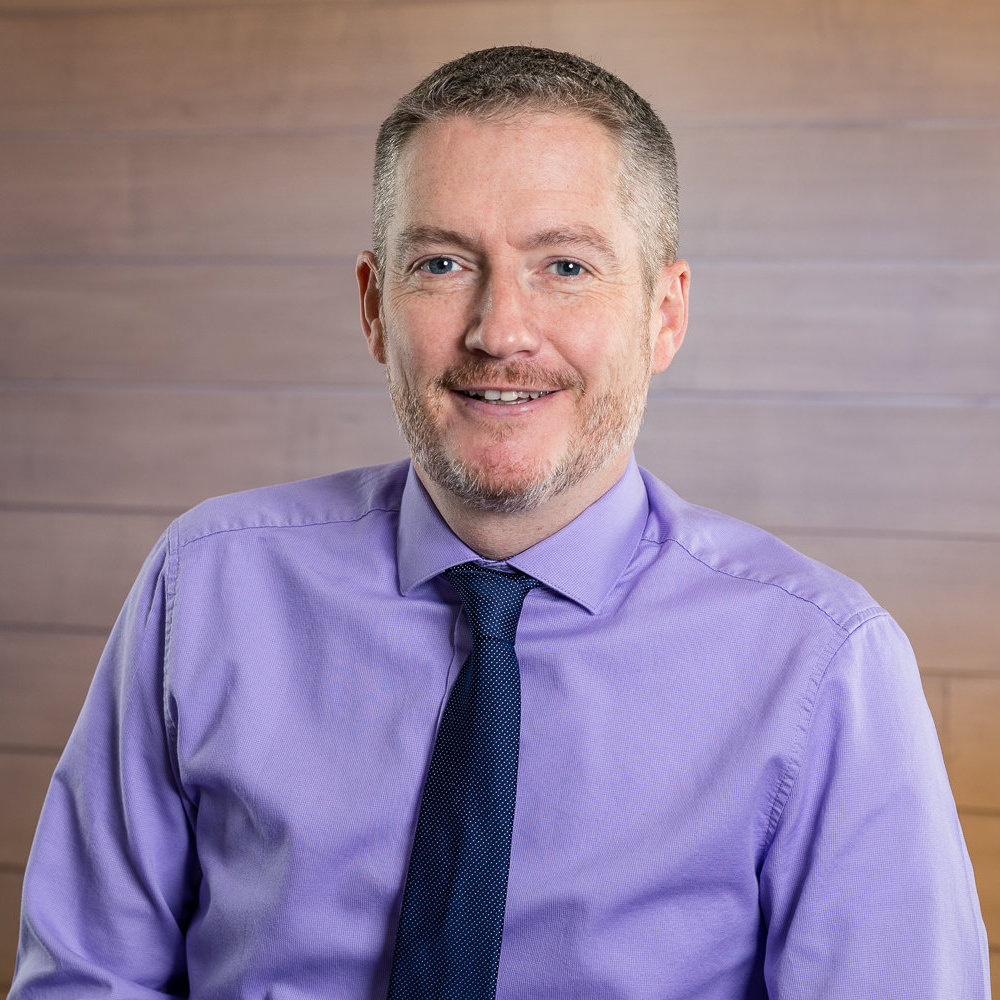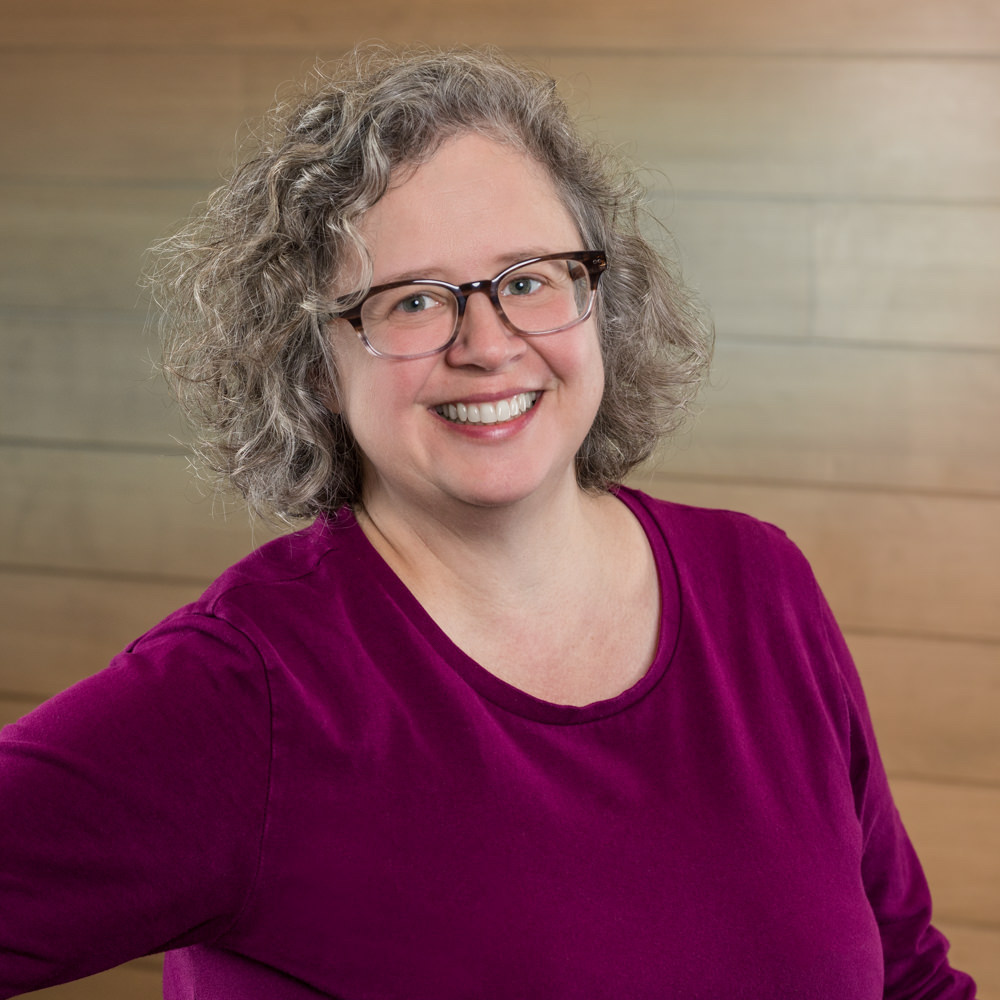Population Health Branch
Population Health Branch
Our mission is to improve population health by leveraging population health data as well as researcher, clinician, and community knowledge. We aim to deepen and broaden engagement with community stakeholders at every step of the research process, enhance the research environment to support transdisciplinary science, and support the integration of special populations into research through collaborative and community-engaged programs.
Education & Career
Degree programs, training, and skills development for researchers and teams
Offices & Centers
National Center for Deaf Health Research
Learn MoreAs a CDC-funded Prevention Research Center, the National Center for Deaf Health Research is the only research center in the world that works with Deaf sign language users and people with hearing loss to promote health and prevent disease using community-based participatory research.

Research Spotlight
How Can Community Influence Research? Community-Based Participatory Research Day Had the Answer
Research that bridges the gap between researchers and community members was the focus at Community-Based Participatory Research (CBPR) Day
Community Engagement
The UR CTSI is dedicated to engaging the community at all stages of research to identify needs, establish research partnerships, and develop strategies to meet those needs. We train researchers and community members to work together and provide funding to support and advance these partnerships. Learn about our community engagement efforts.
Dissemination and Implementation
The rapidly growing field of dissemination and implementation science examines the process by which scientific evidence is implemented in clinical settings and communities. Our team works with researchers to help design and evaluate evidence-based interventions. Learn more.
Team Science
At the UR CTSI, we believe that a multidisciplinary team science approach is essential to promote innovation and improve efficiency of research collaborations and training. Visit our Team Science page for useful links to resources and tools to help researchers engage in team science.
Branch Leadership

John Cullen, Ph.D.
John Cullen is the strategic director for the Population Health Branch and function leader for Community Engagement for the UR CTSI.
View Faculty Profile

Karen Vitale, M.S.Ed
Karen Vitale is the operations director of the Population Health Branch, program manager of the UNYTE Translational Network, and network coordinator for the Greater Rochester Practice-Based Research Network for the UR CTSI.
Cite the Clinical and Translational Science Award
The UR CTSI is supported in part by grants UL1 TR002001, KL2 TR001999, and TL1 TR002000 from the National Center for Advancing Translational Sciences (NCATS), a component of the National Institutes of Health (NIH). If you received funding from the UR CTSI or took advantage of our tools or consultations, please cite the appropriate UR CTSI grants.
Visit our NIH Funding Acknowledgement webpage for grant citation language.